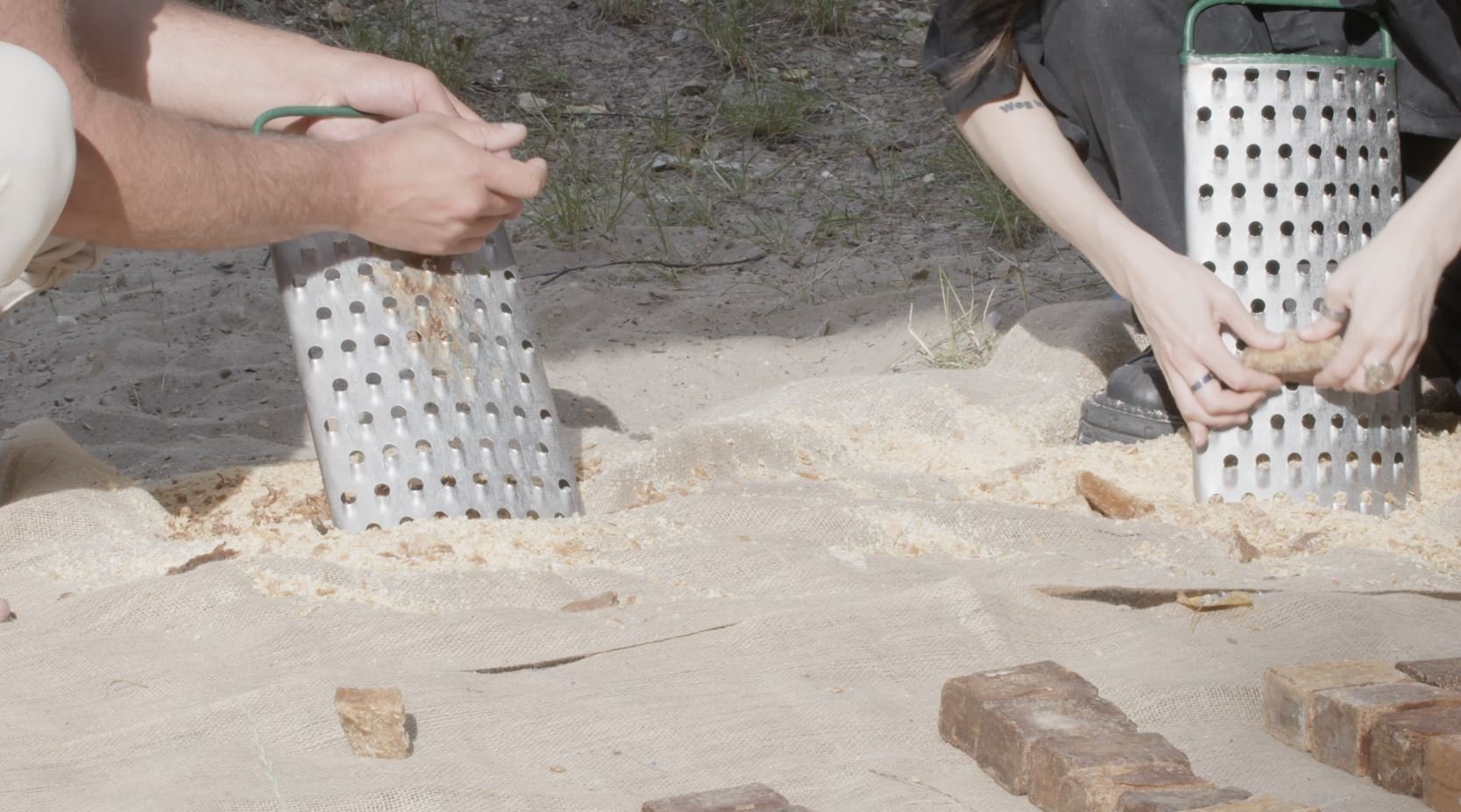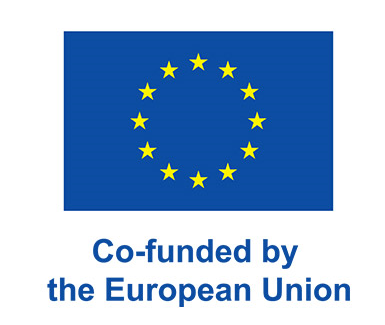“Cleansing that does not cleanse” – Eva Fomitski

The artistic intervention “Cleansing that does not cleanse” by Ukrainian artist Eva Fomitski, explores how seemingly insignificant, everyday objects of the past, such as household soap, become cultural and symbolic representations of the historical past, functioning as carriers of memory and political nostalgia. The soap appears as a trace of an era that continues to linger in daily life, in language, and in mental structures. It retains the scent of a past that stubbornly refuses to disappear.
The act is a gesture of cleansing that does not cleanse. It reveals what is behind the sentimental phrase "things were better back then" – memories of “real” soap, “quality” goods, and a “clearer future.” It becomes a symbolic attempt to scrub away history that cannot be washed off.
In the intervention, participants were invited to take part in this act: together, for six hours, they rubbed the soap with persistence, as if their collective effort could erase its trace. Yet the more they tried, the more absurd the gesture became. Here, the soap turns into a symbol of political inertia – of past experience fused with the body, with language, with consciousness. But the work is not only about the past – it is about a present unable to detach from it.
In the video version of the intervention, the voices of the participants can be heard casually reflecting on the practical functions of this soap:
– how it was used to seal windows,
– how effectively it cleaned clothes, serving many purposes at once,
– how it was used for medical purposes, with dog fat (allegedly its secret ingredient) believed to cure every illness.
Someone says with brutal honesty: “Under Brezhnev, girls were easier,” and therefore everything seemed better. Others recall: “there simply wasn’t anything else – it was a time of shortage,” or: “back then, everything felt real, now it’s just chemicals.”
These voices about the past sound soft, respectful, even warm. But in the context of the action, they gain a different meaning: they do not merely describe an object – they expose a mechanism that idealizes a repressive past through the lens of ordinary things.
_______________
Eva Fomitski - artist and curator from Kharkiv, Ukraine
A member of the conceptual photography collective MYPH, she has participated in projects and exhibitions across Europe and the United States. Currently based in Berlin, she holds a bachelor’s degree in Art History, which informs her practice with both theoretical and practical insight.
Fomitski’s artistic work investigates social and political discourses, exploring established behavioral models and unresolved past experiences that continue to shape contemporary reality. She works across media, photography, installation, sound, and video art, seeking to merge objective documentation with subjective interpretation. Her current focus lies in examining the complexities of collective memory, archival practices, and the mindsets formed through post-colonial experience.
_______________
Artistic interventions are part of the Creative Europe project (In)Visible Traces. Artistic memories of the Cold War.
Funded by the European Union. Views and opinions expressed are however those of the author(s) only and do not necessarily reflect those of the European Union or the European Education and Culture Executive Agency (EACEA). Neither the European Union nor EACEA can be held responsible for them.

